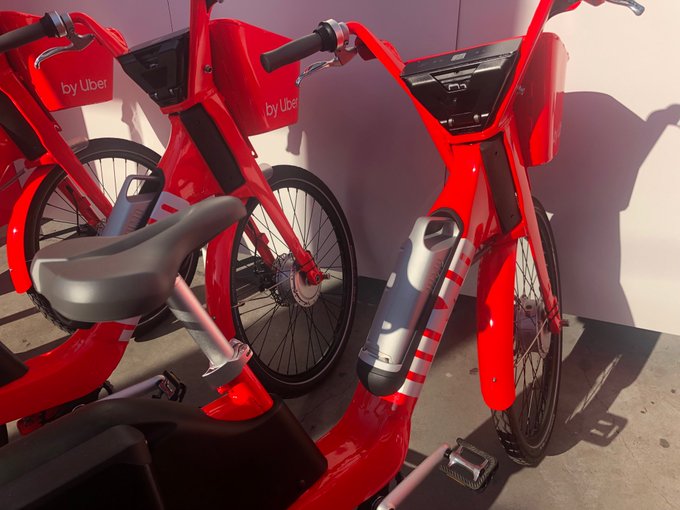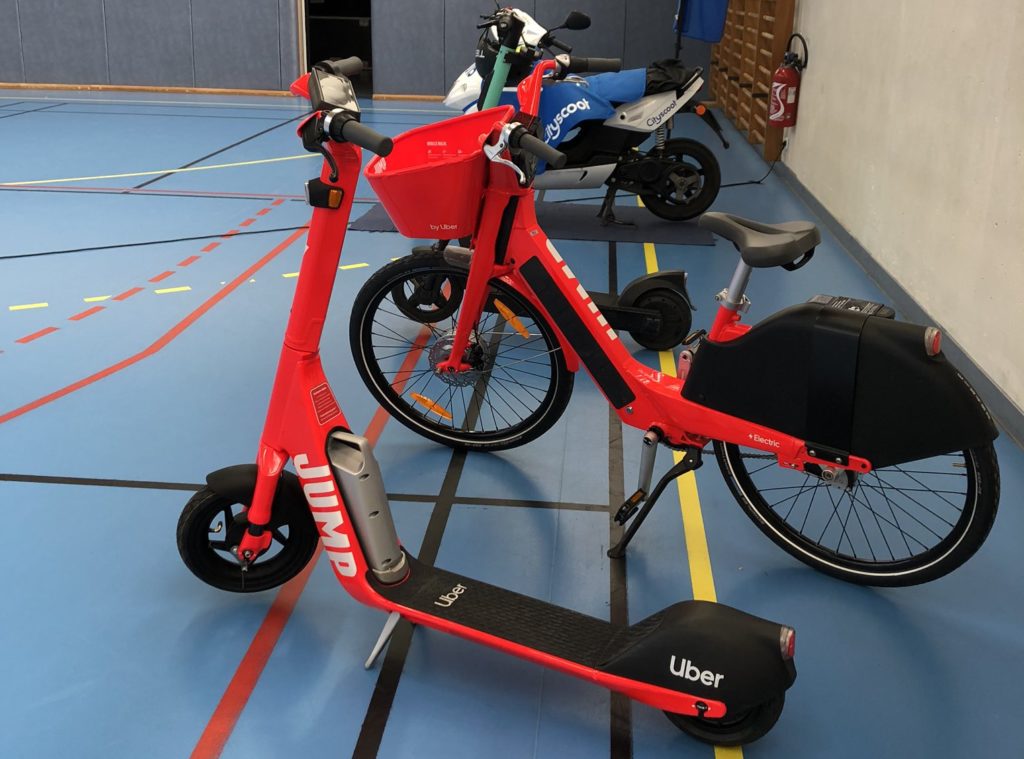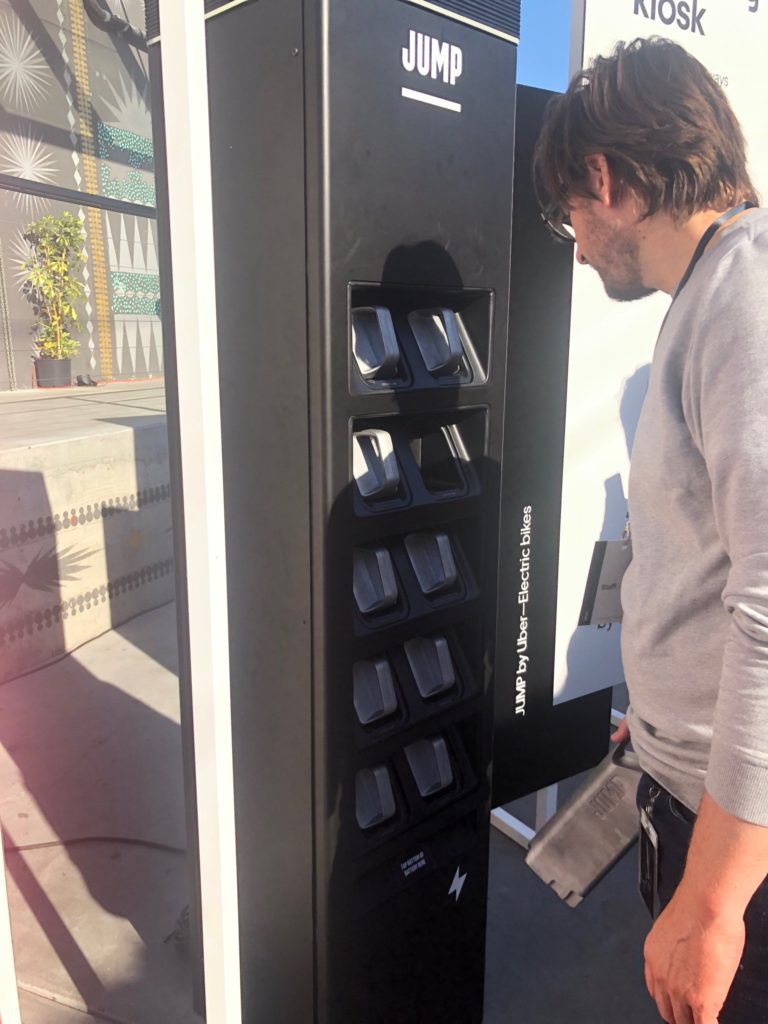Business
The dark side of the Uber/Lime deal
27 May, 2020
The Uber/Lime deal is THE major shared micromobility related news that appeared during the COVID-19 crisis. Under the US$170M investment in Lime, Uber also transferred its money-losing micromobility branch Jump to its former competitor.
The transfer has massive impacts on the whole Jump structure, would it be for the HR or assets management. Impacts that have not really been related after the big news.
Massive layoffs
Following the deal, most of the 400 Jump employees have simply been laid off. Not only operation teams in cities were Jump was operating, but also the top management. It includes some veterans who built the company’s reputation since the birth of Social Bicycles (or SoBi), founded by Ryan Rzepecki in 2008.
A reputation about local knowledge, collaboration with authorities – that may sounds anachronist as the micromobility market remains… wild nowadays. Once a company specialised and passionate about bike-share, the company may have lost the reins when Uber acquired the company back in 2018.
A controversial assets management
A reputation about technical expertise in developing the most advanced, sharing-proof vehicles that will also be lost. Led by Nick Foley, Jump’s hardware team developed the most achieved shared e-bike to date: a real e-bike with powerful and well-adjusted assistance, quality components, and high riding comfort.
But… most of the team is now unemployed. And Lime now owns a product with no expert knowledge, especially for the latest 5.8 e-bike version – the one with the swappable battery – which is still under development. To get more technical, here is the explanation from Kurt Kaminer, owner of the Bike Share Museum:
The new 5.8 has chipsets with firmware built into almost everything. Even the taillight has to talk to the other boards, or it will not unlock or power up. It is arguably the most technologically progressive dockless bicycle ever built, and all of the code and engineering behind this firmware was executed entirely in-house by JUMP techs. And UBER fired every last JUMP engineer that designed the system…

5.8 e-bike 
… the scooter cousin … 
… and the battery kiosk
Not speaking about the remaining development of the associated scooter version nor the battery kiosk… Lime will choose to follow, or not, the path initiated by Jump to set up these battery swap stations across cities, a totally different business model than Lime’s existing one.
For the current 5.5 e-bike version, the Bike-Share Museum released the news of possible scrapping of no less than 20,000 bikes. First question, who ordered this? According to the website who get information from former Jump employees (information not confirmed yet) :
In the eleventh hour of UBER’s $170 million investment in Lime, upper management has issued an directive to round up JUMP e-bikes from throughout the US – many brand-new and never deployed – and scrapping them en-masse in California (ironic).
Second question, why? Because Jump has been a massive cash loss for Uber, and Lime agreed on the $170 million deal only to stay alive. Lime is going all-in on “the most profitable vehicles” as Lime’s President Joe Kraus confirmed during a Micromobility Industries webinar, and will not bother to make things work with Jump’s e-bike.
So Uber AND Lime clearly identified the 5.5 e-bike as non-profitable, and would it be the former or current owner, decided to scrap the fleets from the worst markets. Because Jump bikes are not completely dead! Lime put the service back in Denver, Paris, London or Rome, some of the most successful services around the world.
The scrapping is happening
But the scrapping is really happening. Photos from Seattle, USA, and Montreal, Canada, are showing hundreds of 5.5 Jump bikes with batteries removed, waiting to be brought to the wrecking yard…

In Seattle – Bike Share Museum 
In Montreal – Julien Guedj
… where brothers already are in North Carolina. No Comment.
Just sad news for anyone convinced of the benefits of shared micromobility, or cycling. The controversy about the destiny of those bikes, which could have been refurbished, rebranded, is amplified by the COVID-19 situation where bikes and e-bikes are a sought-after product. Insurance or liability issues have certainly driven to this extreme situation.
Lawrence Leuschner, CEO of the German operator Tier, added fuel to the fire by making public an offer to Uber and Lime to take over the undesirable e-bikes:
Koloni’s CEO, Brian Dewey, also released an open letter to Uber’s Dara Karachowski, offering to pay 250% over the scrap price Uber is receiving for the bikes in exchange for a connection with Uber or Lime engineers to help unlock the bikes and move them to Koloni’s servers.
Finally, the good news came from the Shared Use Mobility Center (SUMC) that announced on June 5th that joined efforts led Uber to confirm the donation of 5,800 “saved” e-bikes to non-profits. I am still waiting for official announcements…
